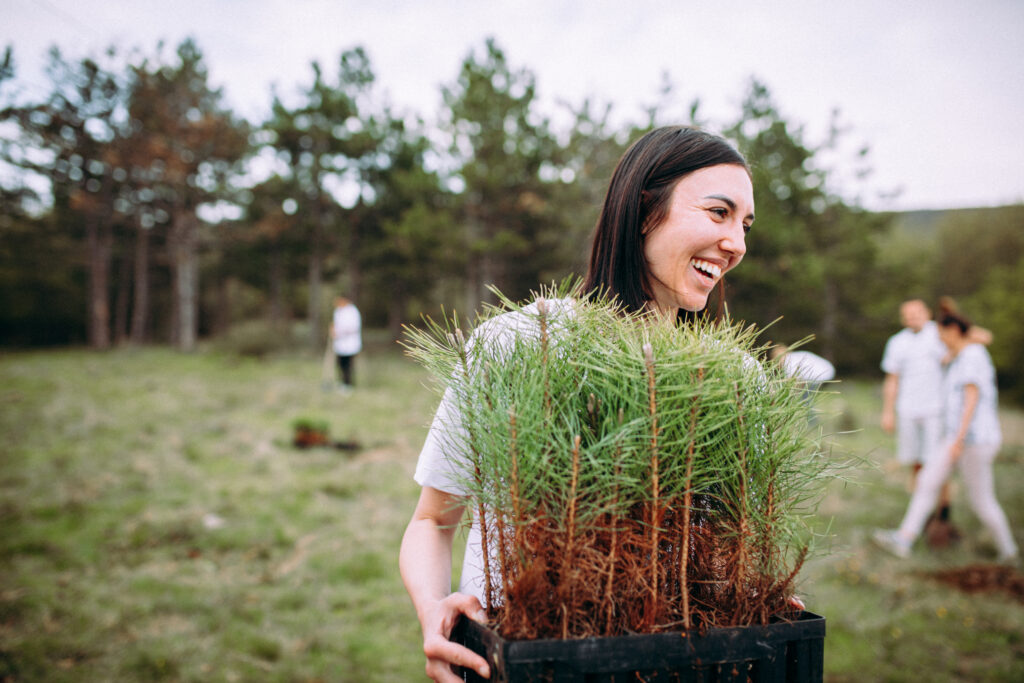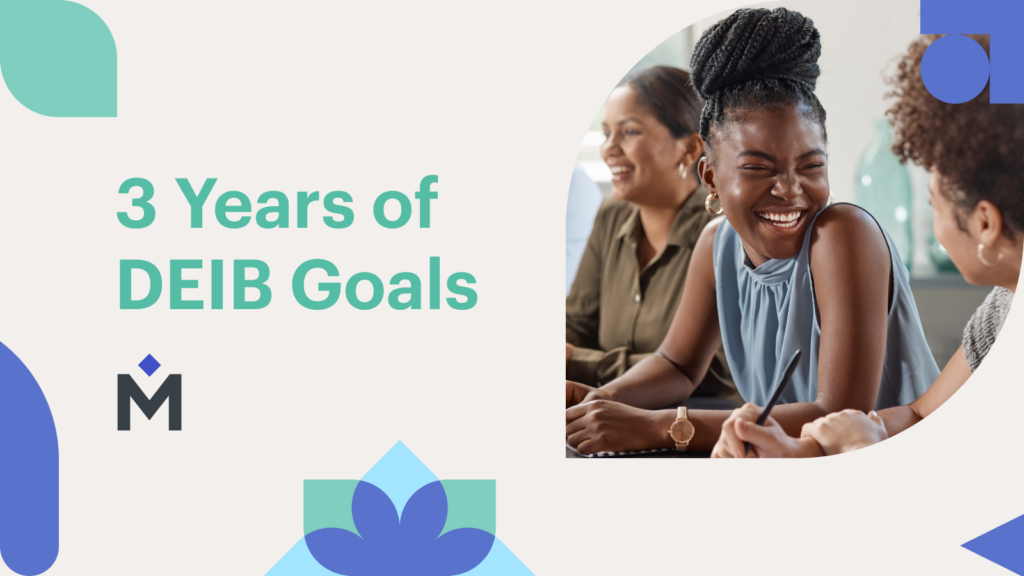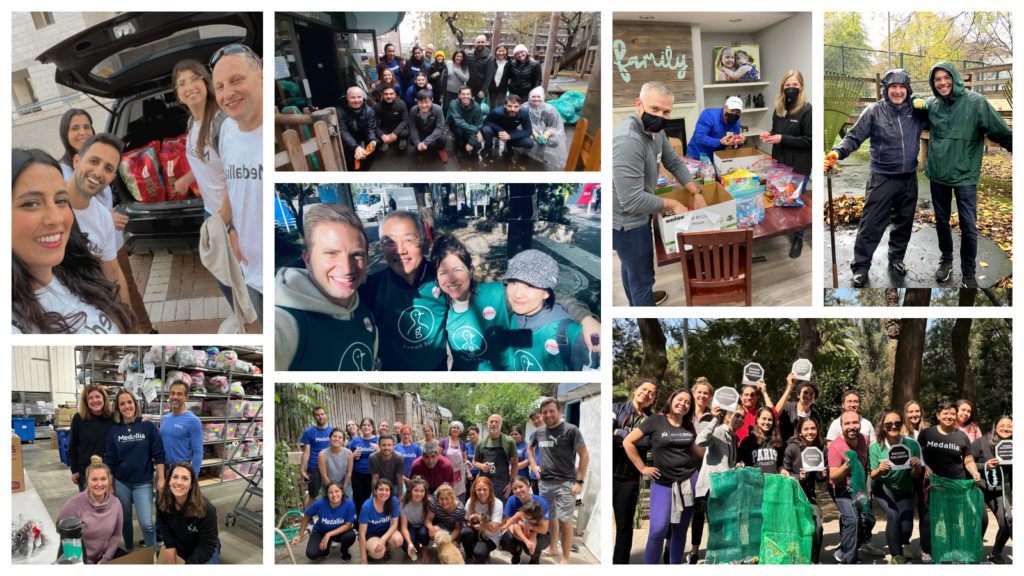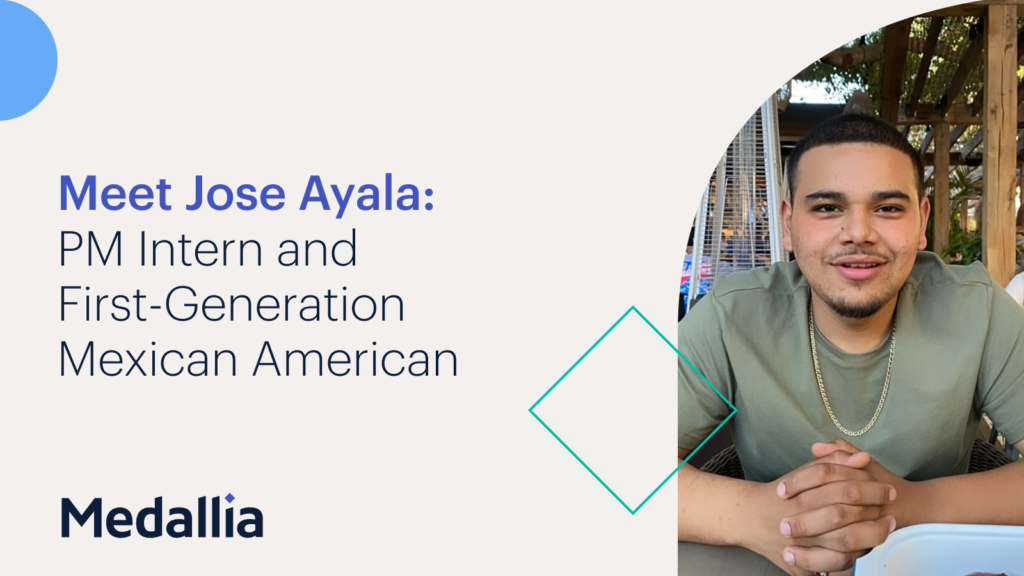This Black History Month we sat down with Nkechi Deanna Njaka, MSc, neuroscientist, wellness expert and founder of NDN Lifestyle Studio, to learn more about mental wellness and self-care in the Black community.
As most of us are aware, February is Black History Month in the United States. However, rather than focusing on providing historical information or discussing the Black experience in tech, I want to shift our focus to mental wellness. With all that we have been through in the past 11 months, the hot buzzword for 2021 seems to be self-care. But even in a seemingly straightforward concept, what is often overlooked are the nuances that play into the ability to take care of oneself. Nuances that aren’t discussed, such as race, sexuality, class dynamics and gender.
As many before me have pointed out, activism, race, and self-care are connected. Audre Lorde wrote in her collection of essays A Burst of Light: and Other Essays, “Caring for myself is not self-indulgence. It is self-preservation, and that is an act of political warfare.” When I read this I think of the Black woman, who is often the backbone of her community and who is expected to be strong, unwavered, and the driver of change for all, the glue to our society. And through it all, it is the Black woman that is too often not acknowledged, cared for or in a sense allowed to practice “self-care.” I also think of historical racial trauma that has been passed down from generation to generation within the Black community and how collective grief has manifested throughout the years.
So, what does it truly mean to be present in mental wellness, to take care of oneself? I sat down with Nkechi Deanna Njaka, MSc, neuroscientist, mindfulness expert, meditation guide, writer, artist, and founder of NDN Lifestyle Studio, to learn more about mental wellness, self-care and how it applies to the Black community.
Lately the term self-care has been in heavy rotation on everyone’s lips, everyone’s mind. What does self-care actually mean?
NN: My definition of self-care is: a practice that an individual chooses to do to be loving and kind to themself in the moment.
Connecting it to the Black community and the nuances of historical trauma while managing all that came with 2020, how important is self-care?
NN: It is critical for our survival.
What does it look like to hold to collective grief?
NN: Everyone can agree that navigating instability and uncertainty are undoubtedly aspects of our human experience. And so is grief. Especially during a global crisis. The entire world is feeling this now more than ever.
Specifically, for Black people, collective grief is where we have been in this country for several hundred years as a people. It happened/happens when a community, society, village or nation, all experience extreme change, loss, death or trauma. Collective grief can manifest in the wake of major events such as war, natural disasters, or others that result in mass casualties or widespread tragedy.
When we think of Black Americans, and other People of Color (really any marginalized group), we can begin to understand the gravity of the grief that exists from simply existing. Having to move through white supremacy and other systems meant to oppress, there is real trauma in everyday living. It’s demoralizing — exhausting at best. Somehow, I think, with enough hope and joy, we find ways to thrive. But we deserve better.
How does one practice wellness?
NN: I think there are as many ways to practice self-care as there are humans on this planet. What might feel like care for me could easily be different for you. And it isn’t for one person or any “industry” to decide.
We begin to understand what sort of self-care practices really support and nurture us the more we become aware of our needs. We can do this by simply asking ourselves: “What am I needing in this moment?” or “What is needing my attention?”
I think it is also important to acknowledge and honor that different moments require different things. Developing a practice where we check in with ourselves is the best way to honestly and powerfully practice self-care.
Being oppressed is stressful.

Photo credit: Anna Alexia Basile
How do we in the Black community break the generational belief that mental wellness and being intentional in it doesn’t apply to us?
NN: Stop believing the lie! It absolutely one hundred percent DOES apply to us. Black people are at a higher risk for having mental health issues.
Stress is the underlying issue for mental health concerns like depression and anxiety. Depression is one of the most common mental health problems in the United States, affecting more than 17 million people each year. About 7% of Americans experience serious depression each year.
Black Americans are 20% more likely to have serious psychological distress than white Americans. And it makes sense! Being oppressed is stressful. There’s a thing called “minority stress.” Minority stress describes documented chronically high levels of stress experienced by members of stigmatized minority groups. This could be a result of various factors — lack of resources, education, poor social support and low socioeconomic status. Well understood causes of minority stress also include interpersonal prejudice and discrimination.
Life comes with stress, no matter who we are. But we don’t need to unnecessarily suffer. With education and access to resources, we can begin to heal generations of trauma. We deserve peace of mind, peace of heart, just like anyone else.
How do we find space in a world that often isn’t reflective of us? Thinking about yoga, sound baths, reiki etc: it’s rare to see BIPOC individuals in the room let alone leading these practices.
NN: We are out here! Find us, support us, be in community with us. It is rare, but there are a handful of us that are in more mainstream spaces of wellness as leaders and public practitioners, as well as those who teach locally. With COVID and things happening virtually, this makes it even more possible to join BIPOC practice communities. That being said, there are also a lot of us who are not in mainstream or traditional healing roles. This means, you may not actually have to look far — it’s likely that we have healers in our families or in our extended communities.
Our ability to shift inward is one very useful way for us to connect with ourselves.

How can one reframe the thinking inwardly to focus on self when so much is going on externally?
NN: Our ability to shift inward is one very useful way for us to connect with ourselves. And that relationship is the most important one we have. I have found that presence and reflection allow us to hold each in its myriad of forms and its variety of expression.
In essence, mindfulness teaches us to be with what is always changing — to be with the weather of life as it is happening. The practice allows us to be able to meet impermanence moment after moment.
Often, in the spaces of grief, the line between separation and connection is blurred by a more present grief (or additional loss, trauma), by making space for all of it to exist, we create one of the best ways to hold it — to process it. It is from here where we can explore this liminal aspect of our humanity and see its beauty and its complexity.
What are changes we can start making now to aid in our mental wellness?
NN: I wouldn’t say anyone needs to change anything to be well, but rather there are few things to incorporate to increase awareness around wellness and wellbeing.
Taking time to pause and check in with yourself by simply asking: How am I doing in THIS moment? Tend to whatever needs your attention. Write down three things you are grateful for daily. Another helpful thing is slowing down the breath for three breaths. Placing a palm on the heart can be a great way to connect with yourself and feel a sense of safety and groundedness. Have a tech-free day. Other things can include laughing really hard at something funny, creating boundaries. Dance to your favorite song. Call someone you love. It doesn’t have to be a big thing to be well.
Black Mental Health Resources
We at Medallia understand that mental wellness does not fit into one box, it is intertwined in our identities. And we want to continue to be a present participant in the communities we serve and represent. Below are resources we hope can help the BIPOC community in their mental wellness journey beyond just the month of February.

Nkechi Deanna Njaka, MSc (Photo credit: Ijeoma Njaka)
Medallia is growing and dedicated to “hiring the whole person.” Join the #MedalliaLife by heading to our careers page and applying to one of our open positions today!
Be sure to follow Medallia Life on Instagram and Twitter for an inside look at our culture, for updates about openings, and more.










